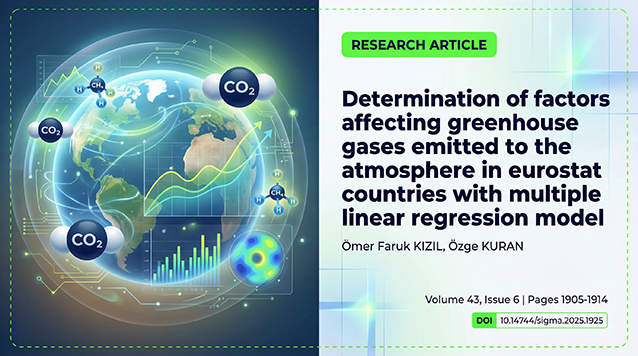Abstract
In this study; the engineering properties of volcanic rocks obtained from four different quarries in the province of Erzincan region in the Upper Euphrates Part in the Eastern Anatolia Region were investigated. In laboratory studies, the experiments including bulk and aggregate tests (bulk and dense unit weight, specific mass, water absorption, Los Angeles test for resistance to wear, freezing resistance and uniaxial compressive strength) were conducted on 5 volcanic samples according to the standards (Turkish Standard, British Standard and ASTM) and in the second stage, grading of concrete tests (grading of the concrete aggregates, concrete preparation, slump test, specific density of concrete, uniaxial compressive strength, modulus of
elasticity, splitting tensile strength, abrasion resistance and capillarity) were performed on the concrete samples with volcanic aggregates. For fresh concrete composition, water/cement ratio was selected as the
main variable providing homogeneous mixing and the highest strength to the concrete samples with a specific granulometry. Cylindrical concrete samples were produced with a variety of water/cement ratios cured for 7 and 28 days in water and their compressive strengths were assessed in the light of their physical and mechanical properties.
The results obtained from aggregates and concrete tests, which were performed in line with the standards showed that especially Yassıtepe-Doğu (YTD) sample, one of the volcanic rocks from Erzincan region can be
used as concrete aggregate. It was observed that compressive strength of the concrete samples could satisfy C25/30 strength class and upper classes. In addition, it was understood that they can be used in highways,
bridges, dams, buildings etc., especially as structural concrete.
















